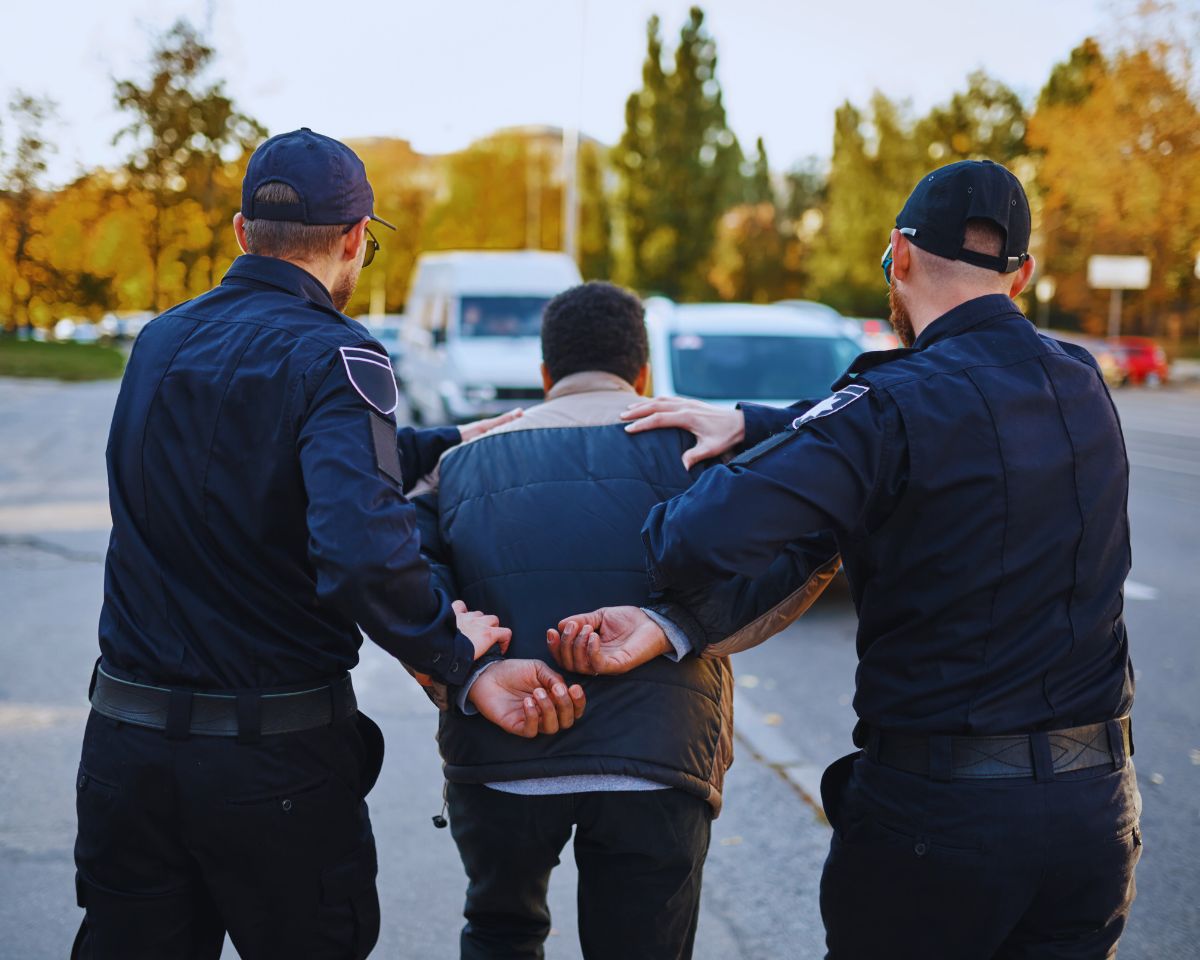When interacting with law enforcement, knowing your rights is crucial. One of the most misunderstood aspects of police encounters is the distinction between detention and arrest. While they may seem similar on the surface, they carry very different legal implications and consequences. In this article, we’ll break down the differences in clear terms, explain your rights in each situation, and answer the most common questions people search online.
What Is a Detention?
Detention refers to a temporary hold by police when they have reasonable suspicion that you may be involved in criminal activity. It’s meant to be brief and investigatory in nature.
Key Characteristics of Detention:
-
Based on reasonable suspicion, not probable cause.
-
Typically short-term, lasting only as long as needed to confirm or dispel the officer’s suspicions.
-
You are not free to leave, but you are not under arrest.
-
Police may ask questions and pat you down for weapons if they believe you’re dangerous (Terry v. Ohio).
-
You are not formally charged or taken to jail.
Common Examples:
-
Being stopped while walking because you match a suspect’s description.
-
A traffic stop for a suspected violation.
-
Police questioning someone near a recent crime scene.
What Is an Arrest?
An arrest occurs when law enforcement takes a person into custody based on probable cause that they committed a crime. Arrests are more serious and involve a significant loss of freedom.
Key Characteristics of Arrest:
-
Requires probable cause.
-
You are taken into custody (handcuffed, transported, booked).
-
You are formally charged or held pending further investigation.
-
Police must read your Miranda rights before questioning you post-arrest.
-
It can lead to a criminal record, court proceedings, and potential jail time.
Common Examples:
-
Being handcuffed and placed in a police vehicle.
-
Being booked at a police station.
-
Arrest warrants being executed at your home or workplace.
The Legal Thresholds: Reasonable Suspicion vs. Probable Cause
Understanding the legal standards involved helps clarify the difference:
| Standard | Detention | Arrest |
|---|---|---|
| Legal Basis | Reasonable suspicion | Probable cause |
| Examples | Nervous behavior near a crime scene | Matching a suspect’s description and seen committing the crime |
| Legal Source | Terry v. Ohio (1968) | Fourth Amendment of the U.S. onstitution |
How Long Can Police Detain You Without Arresting You?
Detentions are meant to be brief, typically lasting 15 to 30 minutes, depending on the situation. Courts consider whether the length of detention was reasonable given the circumstances. If it becomes excessively long without probable cause, it may be considered an unlawful arrest.
Can You Refuse to Answer Questions During a Detention?
Yes. You have the right to remain silent, even during a detention. You are only required to provide:
-
Your name in some states (check your local laws),
-
Driver’s license and registration during a traffic stop.
You do not have to answer questions about where you’re going, where you’re coming from, or what you’re doing.
What Happens If Police Detain You Without Just Cause?
An unlawful detention could violate your Fourth Amendment rights. If police lacked reasonable suspicion:
-
Any evidence they gather may be excluded in court.
-
You may be able to file a civil rights claim for unlawful detention.
What to Do If You’re Detained or Arrested
Whether you’re detained or arrested, the best thing to do is:
-
Stay calm and respectful.
-
Ask if you’re free to leave.
-
If yes, walk away calmly.
-
If no, you are either being detained or arrested.
-
-
Do not resist, even if you believe the stop is unlawful.
-
Say clearly: “I wish to remain silent” and “I want a lawyer.”
-
Do not consent to searches unless there is a warrant or legal justification.
Frequently Asked Questions
1. Can detention lead to an arrest?
Yes. If police gather enough evidence during the detention to establish probable cause, it can escalate to an arrest.
2. Do police have to read Miranda rights during a detention?
No. Miranda rights are only required if:
-
You are under arrest, and
-
They intend to question you.
3. Can I walk away from a detention?
Not legally. If you’re being detained and you walk away, police may escalate the situation or arrest you for resisting.
Conclusion:
The difference between detention and arrest isn’t just legal jargon—it can have a major impact on your rights, your freedom, and your future. Always stay informed, stay calm, and know when to speak and when to stay silent.
If you believe your rights were violated during a police encounter, consult with a qualified criminal defense attorney immediately.





